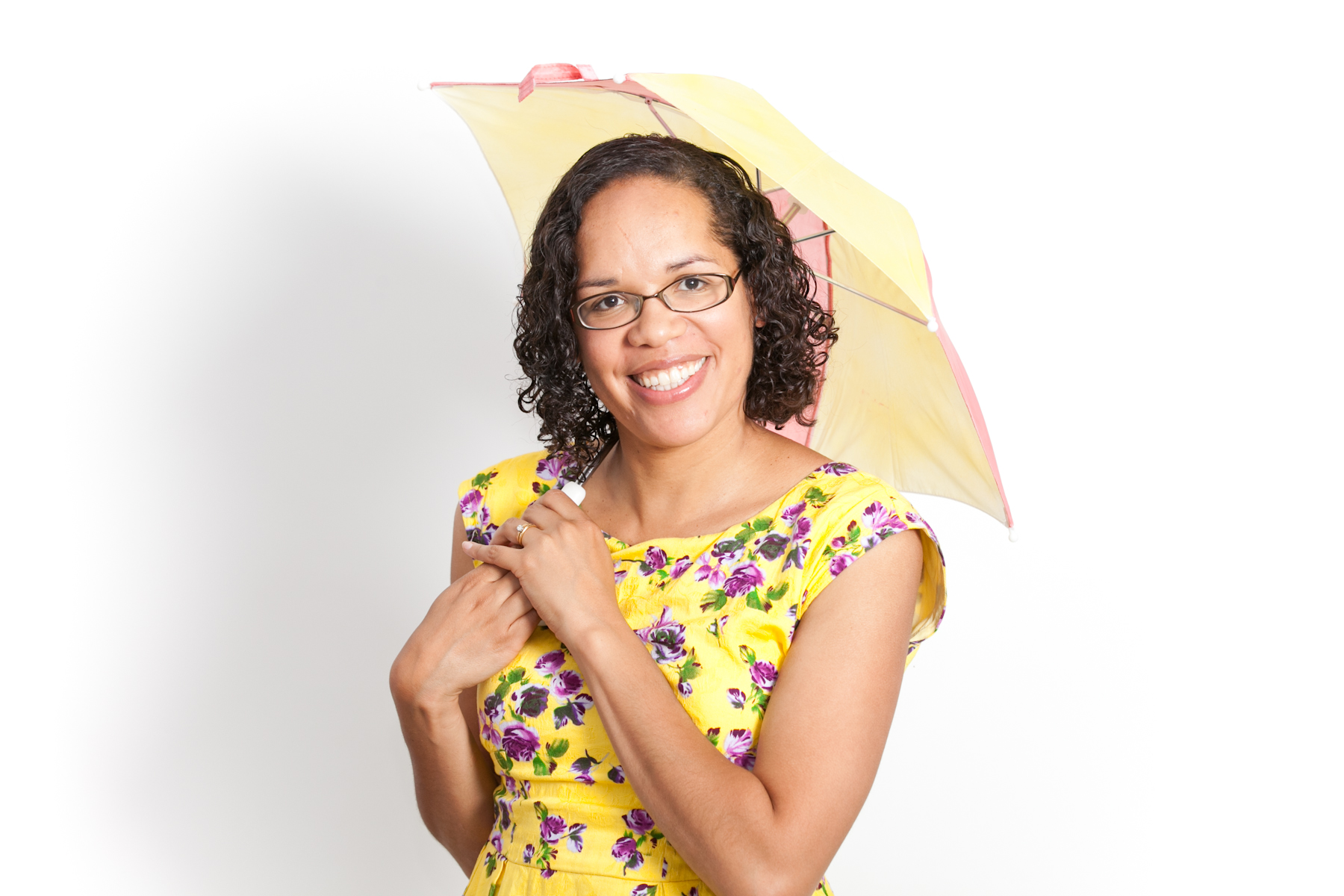Journal and News
Guest Blog: Why are you talking about equalities at a time like this? Now is exactly the time.

Times like these are great social disruptors. They allow us to pause and reflect and, if needed; to re-set society. It may seem that social change is optional in these times, when rightly so many are focused on survival, that equalities issues should be put aside to re-focus on other priorities. However, stopping and pressing the reset button can be just the time to change and to reflect on the society we want to be.
During the lockdown it has been interesting to see how much social change has come to the foreground, most recently in the groundswell of support for the Black Lives Matter movement. As a Bristol resident I’ve seen changes that have been debated and talked about for a long time, becoming lost in the inertia of the status quo and activists growing tired of the same conversations. Then suddenly the removal of Colston’s statue in Bristol happened in a very radical way. Many white people have engaged in anti-racist discourse for the first time and there is a new energy in conversations that previously I had struggled to even begin. Of all the things I expected during this time I hadn’t anticipated that.
During the lockdown it has been interesting to see how much social change has come to the foreground, most recently in the groundswell of support for the Black Lives Matter movement. As a Bristol resident I’ve seen changes that have been debated and talked about for a long time, becoming lost in the inertia of the status quo and activists growing tired of the same conversations. Then suddenly the removal of Colston’s statue in Bristol happened in a very radical way. Many white people have engaged in anti-racist discourse for the first time and there is a new energy in conversations that previously I had struggled to even begin. Of all the things I expected during this time I hadn’t anticipated that.
There has been a new appreciation of key workers (many of whom are low paid and from immigrant backgrounds), flexible working has become a norm, there has been a reset in values towards neighbourliness and community. On the other side we see the re-enforcement and exacerbation of existing inequalities. We have literally seen the way that health and social inequalities together with structural discrimination cost lives and affect the outcomes for many children and young people in devastating ways. As a society, as we emerge cautiously and with uncertainty out of lockdown we face choices about how we re-build and who we want to become.
How do these changes affect us within the cultural sector? Especially during a time when so many are simply fighting for their own survival. I have been reflecting back on a conversation with a peer a while ago, who shared a view that workforce diversity was a luxury to be thought about by large organisiations, small companies first and foremost had to get the money in and survive.
I have been reflecting a lot on this conversation and what it means for us now. With the clear financial challenges ahead for many, do we turn away from these values as unnecessary luxuries or place them at the heart of our work? What does it mean to be relevant and necessary in these current times and to truly respond to the very pressing needs in our societies and the urgent calls for social justice and change? For me, the Black Lives Matter movement has put this at the heart of the conversation. Suddenly we are seeing institutions scrabbling to be on the right side of history. A time of global solidarity has challenged us massively to look outward when the first instinct may be to look inward in self-preservation.
The financial pressures faced by many are already proving a real danger to positive change within the sector. How will venues be able to take risks on new work and new voices when their margins are so tight? How do we resist the logistical ease of just casting who we know? The hardship felt by many artists is bound have a further impact on the diversity of those are able to create work, further marginalising many people’s voices and talents. How do we begin to find spaces for brave conversations and actions that bring about real change?
Within this challenging climate there is a chance to re-set the way we work, to be truly inclusive, to change practices that have simply become habit. We have the opportunity to listen, to learn more about what it means to really be community focused, responsive and relevant. The arts can find imaginative and creative solutions to help to rebuild society and be part of a wider movement for social change. In the bid to survive we must resist the urge to turn inward and instead we must look outward. We cannot emerge from this as diminished versions of our former selves. It’s not about abandoning progressive agendas in order to survive, they must be at the centre of our survival strategy.
Dienka Hines, Executive Director of Travelling Light Theatre Company and ITC Board Member
ITC is a community of over 450 performing arts companies and producers. Join us to take advantage of the considerable benefits that we offer our members.
Join us